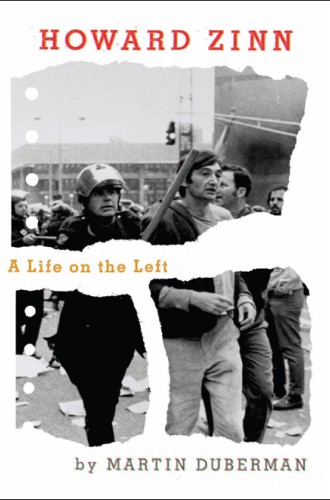Historian with a cause
At the business meeting of the 1969 annual conference of the American Historical Association, Boston University historian Howard Zinn, representing a group called the Radical Historians’ Caucus, tried to convince the AHA to champion a resolution calling for the United States to withdraw troops from Vietnam. The motion was defeated, but the attempt to get it passed resulted in high drama—the kind of intense conflict not often seen at the business meetings of the AHA.
Debate continued until well past midnight, and just as the meeting was about to adjourn, Zinn grabbed a microphone and pleaded with the members to reconsider the resolution. This prompted AHA president and Harvard historian John Fairbank to wrestle the mic from Zinn’s hands and bring the meeting to a close.
Eugene Genovese was one of the historians in attendance who vocally opposed the resolution. A distinguished historian of the American South, one of the nation’s foremost Marxists and a leading opponent of the war in Vietnam, Genovese spoke as a historian when he declared that such a formal statement of opposition to the war would unnecessarily politicize the profession. Calling the association’s radicals “totalitarians” and exhorting the AHA membership to “put them down, put them down hard, once and for all,” he sent a message about the vocation of the historian.






